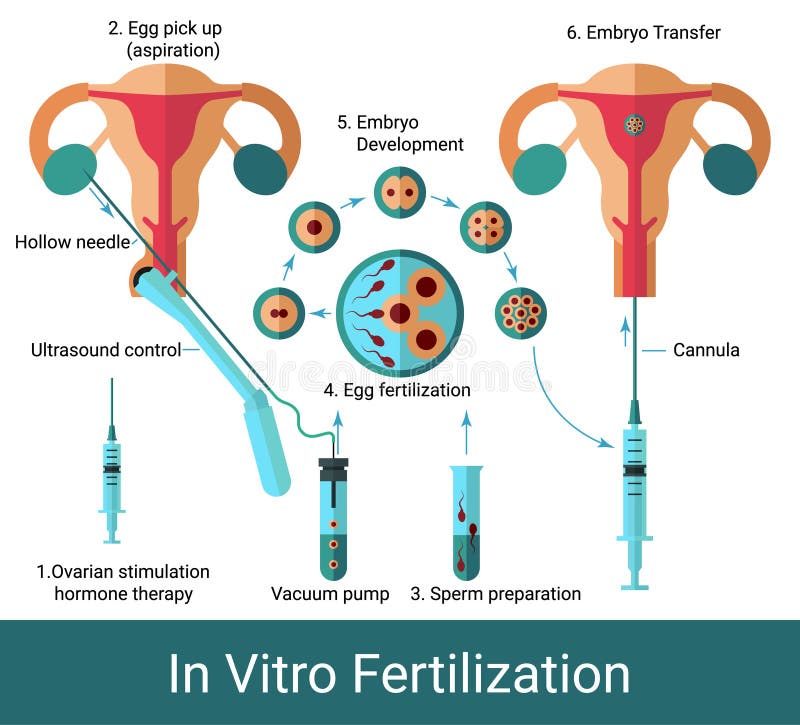

Plus specialists in biomedicine in the area of reproductive medicine and the disciplines that support it, working on research projects of great scientific and clinical impact in the field of human reproduction. It comprises of a team of doctors, biologists, chemists, pharmacologists and biochemists. Nicolás Garrido, is the first in Spain with the principal vocation of Basic and Applied Research, Teaching and Corporate Social Responsibility in the field of Human Reproduction. The IVI Foundation, chaired by Professors Antonio Pellicer and José Remohí and directed by Dr. Social Activity:įinally, another of one of its our activities is to cooperate and support volunteering initiatives to help groups and organisations with limited economic resources, offering support to people with difficulties via medical assistance and collaborating in their development and social welfare. The IVI Foundation shares its knowledge via publications, courses and conferences related to all aspects of research, teaching and training in the field of reproductive medicine, genetics, gynaecology and paediatrics, both in Spain as well as other countries. The sharing of knowledge about human reproduction is another pillar of the IVI Foundation and fundamental to creating a dynamic culture among professionals and patients. The IVI Foundation provides a platform for promotion, meeting, analysis and interdisciplinary debate for the medical and scientific communities in the field of reproductive medicine. The objective is to initiate, promote and coordinate fields of research that allow progress in the knowledge of human reproduction, improving the results of assisted reproduction treatments and reducing their adverse effects with the ultimate goal of combating infertility and improving results for those affected by infertility. The IVI Foundation was established in 1997 based on this philosophy and since then it has expanded its field of work to develop three fundamental pillars that provide the backbone of the Foundation today: 1.


Thereby allowing their development and evolution for the benefit of our patients, as well as creating general awareness within society to make this information available to people who may be beneficiaries of these treatments. Today, advances in any area of medicine and especially in Reproductive Medicine, require basic research to know the cause of the disease, or in this case the causes of reproductive failure to sustain the development of new diagnostic or therapeutic techniques.


 0 kommentar(er)
0 kommentar(er)
